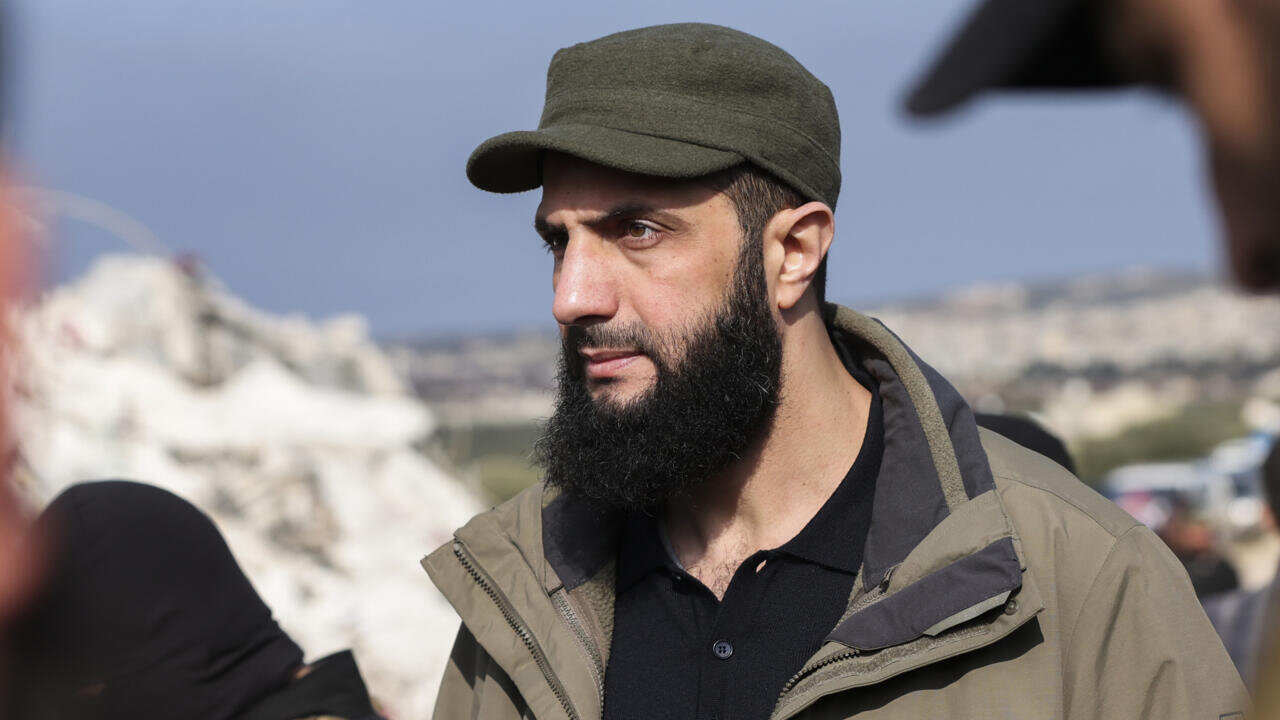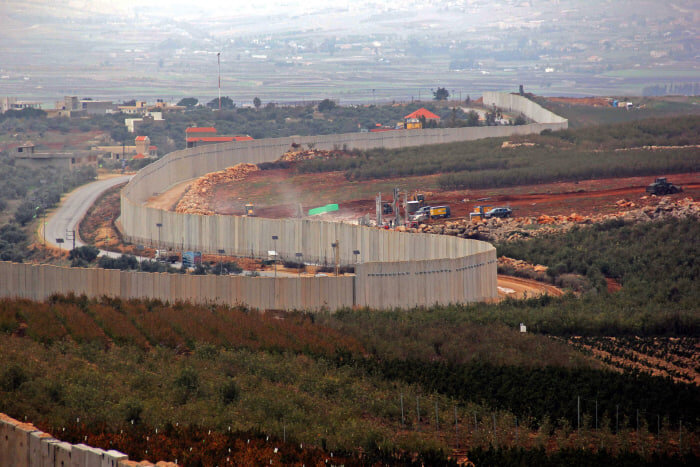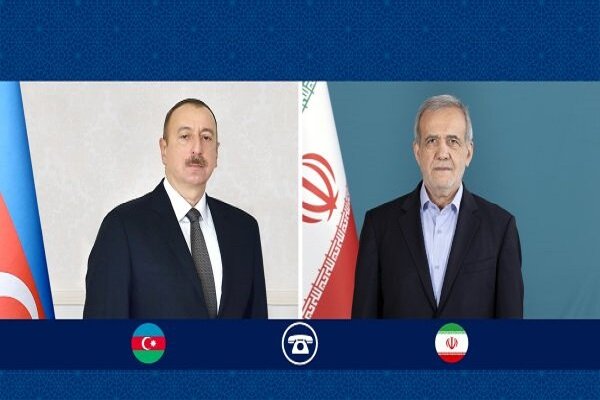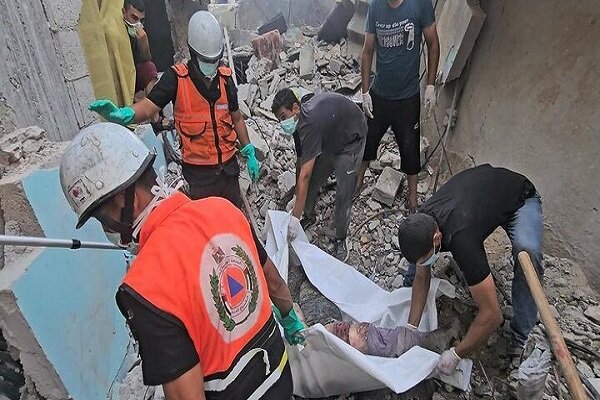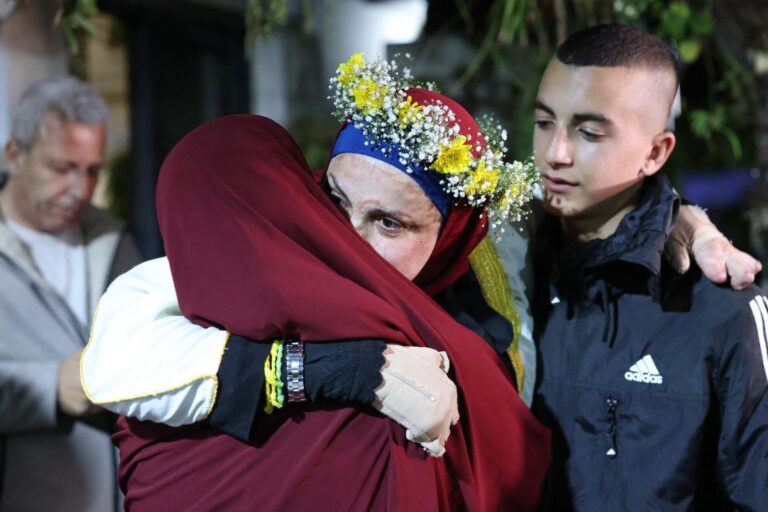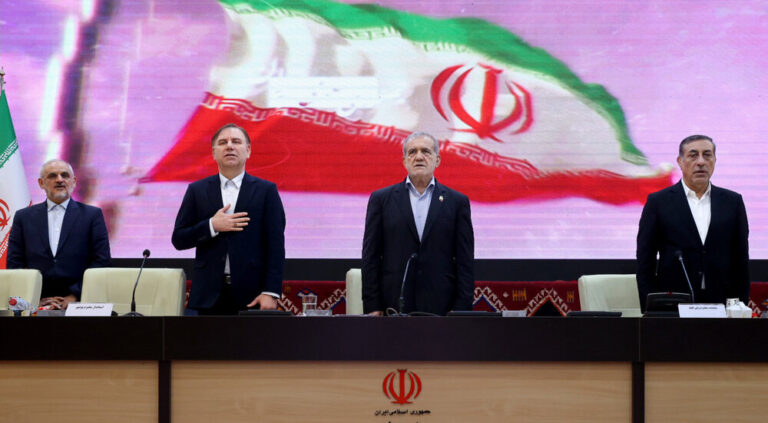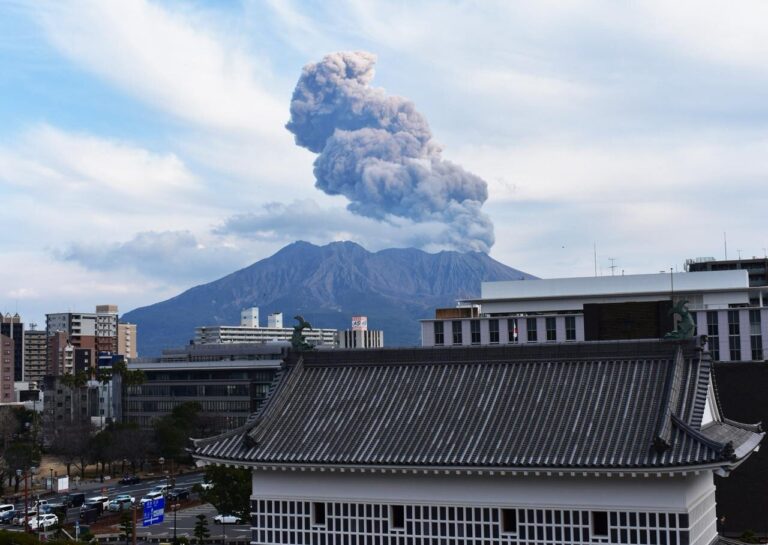Jolani’s Trial in France: A Pivotal Moment for Justice and Restoring Dignity for Syrians
In a significant development in the ongoing Syrian conflict, a lawsuit filed against Ahmad Hussein al-Shara (commonly known as Abu Mohammad al-Jolani) by human rights organizations in France marks a crucial step towards achieving international justice. This legal action not only seeks to hold him accountable for allegations of genocide and war crimes but also aims to amplify the voices of victims who have long suffered in silence. The pursuit of justice in Syria is essential, and this case embodies the hope for a future free from impunity.
As the world watches, the implications of this trial extend far beyond the courtroom. It represents a pivotal moment for the Syrian people and the global community’s commitment to confronting human rights abuses. Below, we explore the key aspects of this case and its broader significance.
1. From Militia Leader to Genocide Accused: What Does This Trial Mean?
Abu Mohammad al-Jolani has been more than just a controversial figure in the Syrian war; he has become a symbol of an armed faction that manipulated revolutionary ideals to perpetrate violence and sectarian cleansing. Notably, this violence has predominantly affected communities classified as “minorities,” who are, fundamentally, Syrian citizens.
- A Documented Bloody Record: Human rights organizations, including those linked to the Syria for All movement led by Mohammad Izzat Khatab, have meticulously documented horrendous crimes attributed to Jolani’s factions. These include identity-based killings, summary executions, and the forced displacement of civilians from various religious minority groups.
- International Justice: A Necessity, Not a Choice: In the absence of local justice due to deep-seated polarization, the role of international judiciary systems becomes a moral obligation. Although delayed, Jolani’s trial is a significant step in the right direction.
2. Syria for All: A Vision of Justice Beyond Vengeance
The necessity of the “Syria for All” project has never been clearer, advocating for the prosecution of all individuals involved in crimes against the Syrian people—regardless of whether they belong to the regime or armed groups. This initiative emphasizes the importance of rejecting dubious foreign funding and aims to establish a national socio-economic framework that promotes justice and reconciliation.
- Protecting Minorities in Practice: It is crucial to confront violations against Alawite, Christian, and Druze minorities actively. Citizenship should form the backbone of Syrian identity, free from the sectarian divides exploited by various factions, including the new regime and foreign-backed militants.
- A National Reconstruction Plan: Syria urgently needs a comprehensive development strategy that focuses on rebuilding devastated and marginalized areas, prioritizing transparency and accountability over political favoritism.
3. The French Trial: Justice or Political Tool?
While the legal proceedings in France hold significant weight, understanding their context is essential.
- Why Now?: The timing of the trial raises pertinent questions, especially considering that Western nations have previously supported extremist groups. This trial may signify an attempt to rectify past policy missteps.
- Selective Justice Threatens Stability: Focusing solely on prosecuting Jolani while neglecting the regime or other factions’ crimes could erode Syrians’ trust in international justice. True justice must be comprehensive to be considered valid.
4. Why This Trial Deserves Support
- A Rejection of Takfiri Ideology: The trial serves as a powerful statement that Jolani’s extremist beliefs do not reflect the true spirit of the revolution; instead, they have distorted its aims and harmed its people.
- Accountability as the Foundation for Reconciliation: Justice cannot thrive on forgetfulness; it must be grounded in accountability. This lawsuit lays the groundwork for a national dialogue rooted in responsibility.
- Exposing International Complicity: The proceedings may uncover details regarding ambiguous Western support for armed groups, thus placing ethical responsibilities on international powers to aid in Syria’s reconstruction and reconciliation.
5. Syria Needs Transitional, Not Selective, Justice
- Jolani’s Trial Does Not Exonerate the Regime: Those responsible for atrocities committed in the name of the state or the “revolution” must also face justice. This stands as the cornerstone of authentic justice.
- The Role of Marginalized Political Opponents: Political figures who oppose the former regime play a vital role in bridging divides through inclusive discourse aimed at ending the conflict, steering clear of replicating old power structures or reviving extremist agendas.
A First Step Toward Greater Justice
If the trial of Jolani in France is conducted within genuine legal frameworks, it represents a crucial initial step in the journey toward justice. It reinforces the notion that crimes do not fade with time, and that justice, no matter how long it takes, is still achievable. The challenge that lies ahead is to extend this model of accountability to all those who have contributed to Syria’s suffering.
In this intricate landscape, the slogan “Syria for All” emerges as a powerful civil political project advocating for inclusive justice that transcends sectarianism and protects all Syrians from oppression—regardless of its origin. Because Syria belongs to all its citizens, there is no room for tyrants or extremists.
